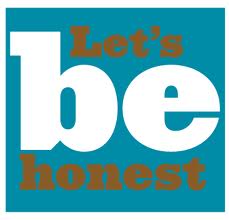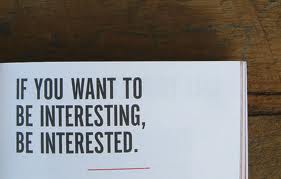People are often afraid of something new. You might be afraid because interviewing is out of you comfort zone, or had a bad experience, or have no experience interviewing.
Fear does pop up for all of us from time to time – at least if you are like me and honest with yourself. I am afraid of different things, usually for me it is either something new or something I do really don’t have much experience or practice doing. Fear does pop up in my life. Does it in yours? I have discovered most of people I know don’t share what they are afraid easily. Do you?
On Friday, I was with a group of great and talented people, discussing interviewing and we did honestly talked a bit about interview fears. Why, because the talent in the room understood that if the fear remained it would hold them back.
You know what I mean – don’t you?
It is like when you were a kid and you were afraid there was something under the bed, outside, or in the closet. As soon as you shared the fear with someone you trusted like a parent, friend, brother or sister – what happened?
Well for me, I only shared those fears with trusted people, who would not judge me for the fear, because to me that was as scary as the fear. What I learned was if I picked people I trusted, they would then help me explore my fear.
I usually I discovered with help and guidance that my fear was “False Evidence Appearing Real”. Like the noise I heard was not evidence of something under the bed that would harm me, but the bedcovers brushing the floor when I moved in bed.
What I learned by sharing my fear, was to reduce the fear to a concern. Once I did that then I could discover what the concern really was and how to address the concern.
If you have interview fears, try this. What is your interview concern? How can you address it?
A common concern I hear often is what if the interviewer doesn’t like me. Reduce the fear to a concern and take action to address the concern.
Need a tip for this fear? Here is mine – like the interviewer first!
Here is how in simple steps:
- As soon as you meet the interviewer, notice something about him/her you like. It could be a tie, shoes, smile, anything.
- Hold the thought of what you like in your mind for 30 to 60 seconds.
- Got it. Say to yourself (doing this aloud might work, but works better to yourself) “I like John’s <use his/her name> smile <insert what you like> he is very friendly <insert why you like whatever you like>.”
- Now, repeat the message and make eye contact. “I like John’s smile, he is very friendly.”
- Then let the thought go.
When you like the interviewer in some way first, think about it and then let the thought go, you have taken action, moved your fear to a concern, and addressed the concern. From fear, to concern, to action.
Have a question about interviewing? Sign up and join me on the next Q & A call, ask your question and get an answer.
Need specific ways to speed up your search? Look to the right and request my gift to you – “162 Ways to Accelerate Your Job Search and Land the Job You Want”.
Have a comment or thought? Post it below.
interviewing, job interviews, job search






